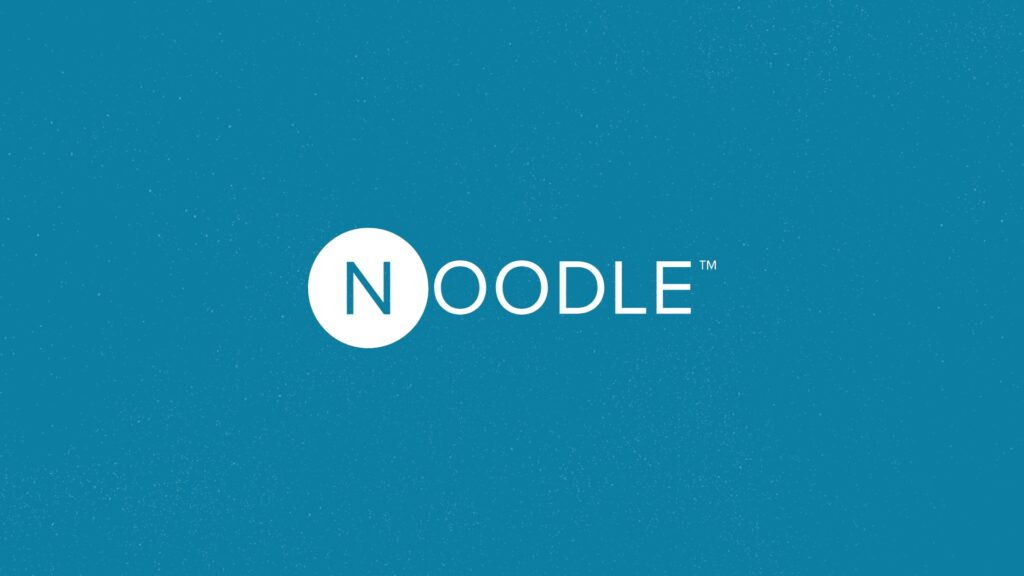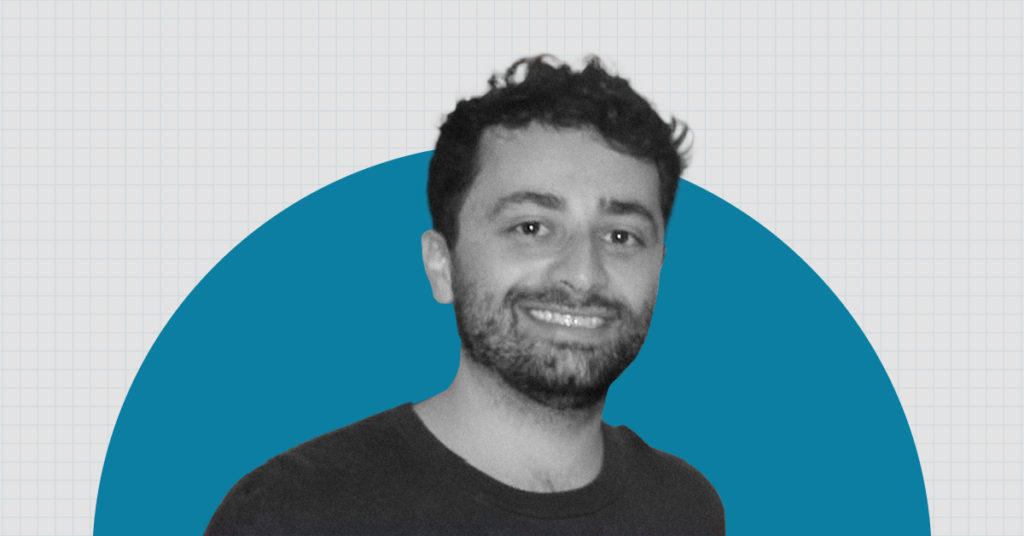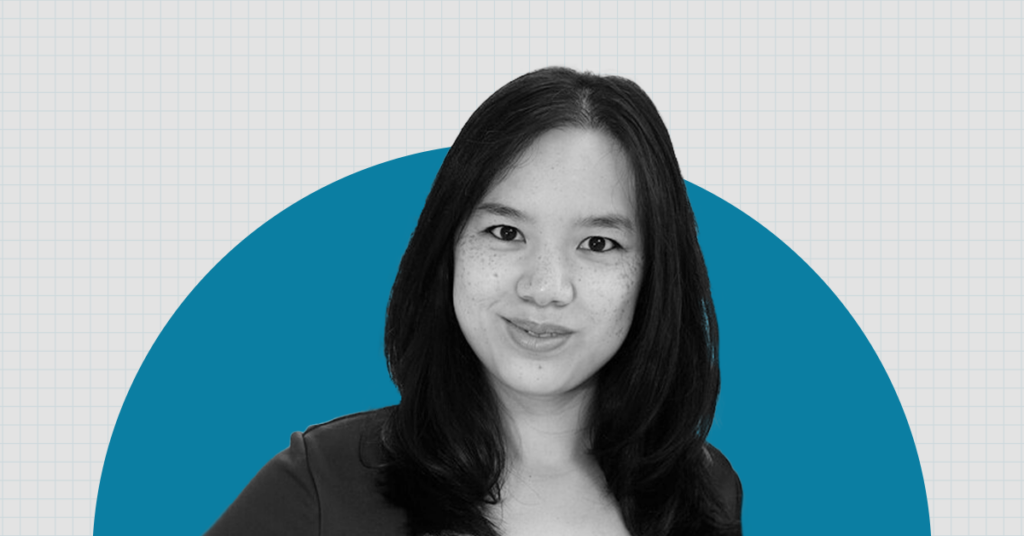After earning a Bachelor Degree in International Relations at Brown University, Noodle Senior Vice President, Partnerships Vinay Ganti went on to achieve a law degree at the New York University of Law and an MBA at the NYU Stern School of Business. Vinay’s appreciation for the power of education to transform lives eventually led him to 2U, becoming the Senior Vice President and General Manager of the firm that helped to bring credibility to the online education space. He later became a Strategy Director for Instructure, maker of Canvas, an industry-leading SaaS learning management system for higher education, where he focused on lifelong learning in corporations. In his present position, Vinay helps Noodle’s University Partnerships team sign top universities and bring their programs online through technology that helps lower the costs of higher education and makes it available to a wider pool of prospective students.
Meet Senior Vice President, Partnership Development Vinay Ganti
It became obvious to me that the coming disruption of education by technology would be very profound.
What does it mean for you to identify as Asian American?
Growing up, I never really associated as being an Asian American, but instead saw myself as of Indian ancestry. In college that perspective broadened, but once again to South Asian American versus Asian American. I think this experience is typical for Asian Americans, as the continent is vast and encompasses such a variety of distinct cultures and histories. As a result, I think that as a whole Asian Americans don’t necessarily have as strong a shared identity as other communities of color in America do; most have a stronger shared identity with those in their sub-group. That said, given the recent spike in hate crimes against Asian Americans, I feel it is important to identify with the broader community in solidarity. I still remember acutely the racial targeting of South Asian Americans after 9/11, and now, given that there is a new COVID variant being labeled the “India” strain, I see the need to stand together to be that much more important to the greater community.
I think for me my identity has always been an important aspect of my history, but at the same time I’ve always viewed myself as an American first, and tried to look beyond not only my culture but others’ culture, as well. Where I grew up, my parents had built a strong Indian American community, but it always felt to me as though I had one foot in and one foot out. It’s always been a part of me but doesn’t necessarily define me.
Why did you choose to work in education? How have your educational experiences shaped your career?
One of the areas that I do think is a unifying aspect of Asian American cultures is the emphasis placed on education and its ability to bring prosperity. I also was fortunate to grow up in a household that could afford to send me to great schools from a young age. Today I know that I am the product of a great education – many of the opportunities I have had in my life would not have been possible without it. Growing up, however, I often took my education for granted, often sheltered from reality, and lacked the perspective to appreciate how lucky I truly was. While I started to open my eyes to the inequities in education during college, I didn’t act on it until later in life.
From 2006-2010 I enrolled in a combined law and business program at New York University, and during that time I became a Teaching Assistant (TA) for multiple courses. One in particular was for an undergraduate business law class just around the time that digitization first came about. During my time as a TA, I had the opportunity to work with a professor to modernize the course’s curriculum, digitizing every resource and finding materials that were all available via creative commons, thus making it all free for the students. As a result of this work, I was then given the opportunity to become an adjunct professor teaching undergrads business law. To this day, these two years spent teaching is one of the high points of my professional life and solidified my desire to marry my career with education. It was also during this time that I witnessed the massive disconnect between how colleges taught and the expectations that digitally native students had, and it became obvious to me that the coming disruption of education by technology would be very profound.
At that point, I asked myself whether online education was a field I could see myself committing to for at least a decade, knowing that it would take that long for an emerging field to really gain traction. After answering yes, through networking I ended up at 2U, my first full-time foray into education as a career. Looking back on my time at 2U, and now here at Noodle, I remind myself that there will be thousands of students who will be impacted by what we do today. And those students are often ones who would otherwise have never gone back to school if online wasn’t an option – people of color, women, people with families.
We are fundamentally growing the pie and making education more within reach. It’s hard not to feel proud.
What in your mind makes a leader great?
It comes down to several things. First, it’s a basic understanding of human nature. It’s important to remember that everyone in every meeting is a human being. The best leaders are the ones who never lose sight of that. Second, a great leader is one who takes that knowledge and learns how to marshal people in order to accomplish great things. I always think of the saying that the best way to motivate people to build ships is to inspire them with tales of the open seas. You must figure out the best way to motivate them to go beyond what they see as possible for themselves. The third piece is the ability to zoom in and zoom out. In other words, figure out how high level you can remain, as opposed to how hands-on. The actual tasks come second to understanding what level you need to maintain for a given situation.
When you think of great leadership, who comes to mind? Why?
One leader who was consistent with the three points I mentioned was President Franklin Roosevelt. He certainly wasn’t perfect (and given some of his policies that supported systemic racism, may not be the best example for this context), but when it came to being able to connect with people on a human level, he saw clearly what the American people needed at that time. He also had the ability to inspire people to cope with the Depression, as well as to go to war thus asking citizens to make the ultimate sacrifice, and to see it through. He was also able to describe things both from a high level and lower down at the level of the details. You only get that if you’re really deeply invested in what you believe in.
Who are some Asian or AAPI leaders you admire or look up to?
Because I don’t consciously think of myself as Asian American, I’m not always geared to finding role models in my life whose heritage is geographically similar to mine, but Satya Nadella, the CEO of Microsoft for the past few years, is quite an extraordinary person whom I admire. He understood how to take charge of such a large company amidst tectonic shifts in the business environment – shift to cloud, rise of mobile, etc.) and completely change its direction, and do it in such a way that those who work there enjoy working there even more.
Another person who comes to mind is the stand-up comedian Ronnie Chieng, from The Daily Show, although I realize that many might disagree with this definition of a leader. For me though, stand-up comedians are the epitome of leadership. To be great you must understand humanity at such a deep level that you can make it funny, and do so in a way where people trust you enough to be made fun of. It is such a delicate art, and to break through in stand-up comedy as a member of a minority group takes real courage and is really powerful. I think personally too, watching a stand-up performance is when I feel closest to my own culture’s idiosyncrasies and foibles.
How has your personal leadership style has evolved?
I think my style has rebooted several times. If I had to describe it, I would say that it developed in three acts. In Act 1 I was just an arrogant know-it-all. I knew everything and wanted everyone to be sure of that. When that didn’t work, in Act 2 I began leading by following. I realized I didn’t really know how to be a leader, so, when a colleague said to me, “You can’t truly learn to lead until you learn how to follow,” I decided to be a follower for a while. Finally, in Act 3, whose start coincides with my joining Noodle, my leadership style now is more facilitative and more data driven. I think of it more as objective-seeking rather than subjective-seeking. That way, issues become less personal, and everyone can push together against a common problem. Instead of facing off across a table, I always try to reframe the situation so that both sides see themselves as being on the same side of the table, with the problem on the other side, so that everyone can solve the problem together.
What is it about your background or career experiences that successfully positioned you for your role at Noodle? Describe that role.
I am Senior Vice President of Partnership Development. My role requires me to straddle both sales and finance, as well as the legal aspects of Noodle’s contracts with its new university partners. In previous positions I had always avoided getting into sales until I was forced to do that with my own consultancy. What I found is that sales is ultimately a craft of connection and persuasion, and eventually I became very comfortable with it. Noodle felt like a place where I could contribute a lot, and cultivate my own skills in becoming a sales professional and leader.
How do you support the success of your team?
Right now I don’t have a team that reports to me, but I support my colleagues in a number of ways. Once they determine that there is interest and the deal is set up for negotiation, there’s a lot of trust building I need to do, so I make sure that I am super prepared for everything I do. The second way I support them is by leading from behind. By that I mean, I have a lot of observational knowledge from past roles – how can I help the team think of things in a different way that may result in new ideas or solutions? Third, I support them by remembering that we’re all human; we each have our own point of view and our own individual concerns. Admittedly, this last one is where I still have the most to improve, but I try to always make sure that I am very positive. That always helps.
What are some of the most effective tools in your leadership arsenal?
The thing I think about most often is having a sense of humor. I don’t think that gets enough credit. I think that’s always critically important, cracking a little joke when the time is right. I’m always trying to find a way to make a joke when I’m engaging with a university. There’s risk involved but that’s part of what makes it appealing, like a stand-up comic. When you get the other side to smile, you know you’ve earned their trust, and that is when the fun can truly begin.
Please tell us something about yourself that people would be surprised to learn.
I think one aspect of me that may be surprising is that in my personal life I am kind of a jump-in-the-deep-end experimenter. At work, I project this image of being very process-oriented or data-driven, but at home, I am very impulsive. Whether it is deciding to go 90% vegan because of a single Netflix documentary or cycling across the United States in college, a lot of my life probably looks like chaos or experience soup to the outside eye.



